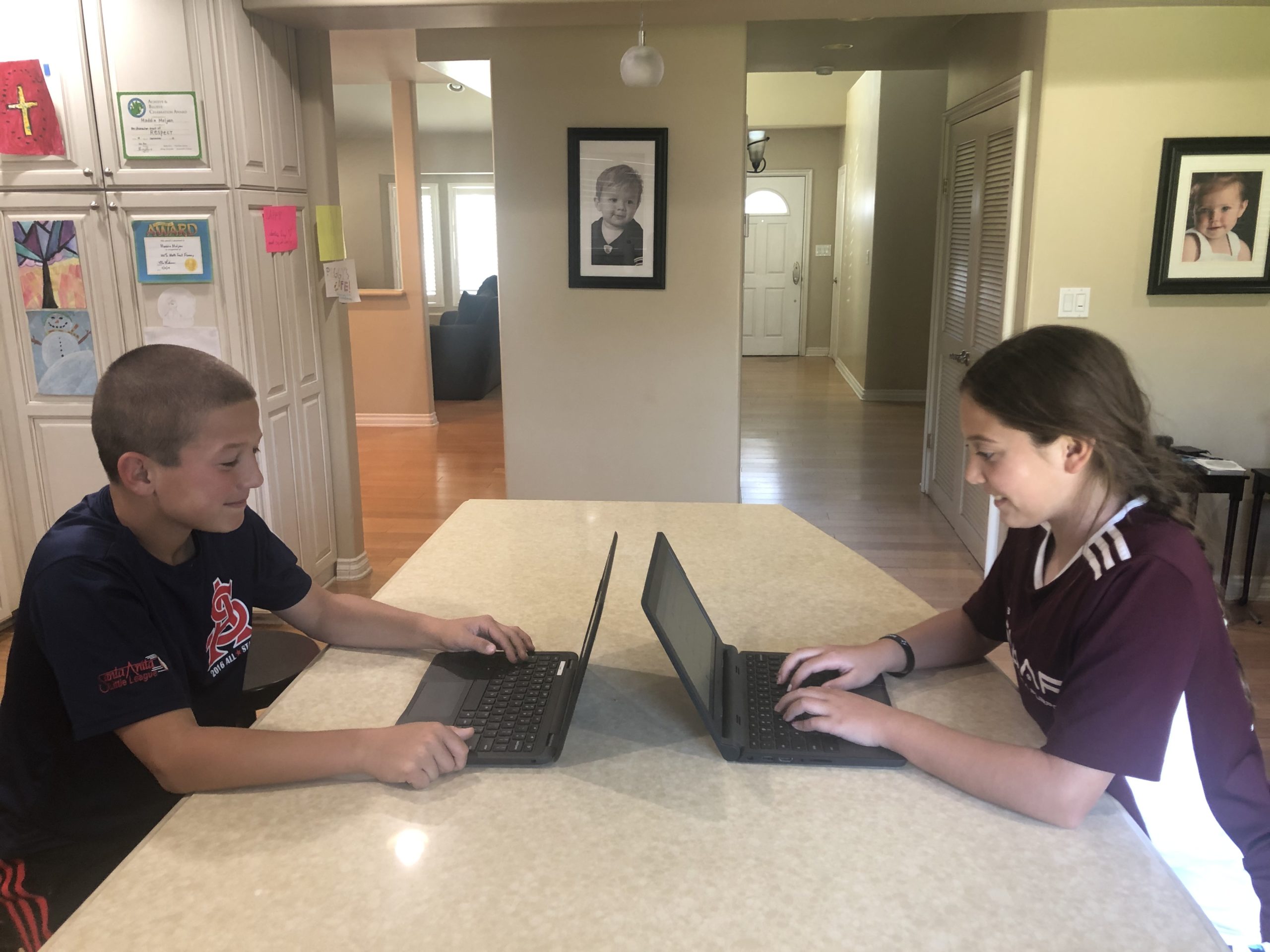
At Tuesday’s meeting, the Monrovia City Council adopted emergency regulations to prohibit commercial evictions for non-payment of rent and “no-fault” evictions. The ordinance took effect immediately and will remain in place through the local emergency proclamation ratified by the council on March 17.
During the local emergency, no commercial property owner or agent shall take any action, or threaten, to evict a tenant for:
- Nonpayment of rent, late fees, or other fees or charges, if the landlord knows that the tenant is unable to pay the same due to financial impacts related to COVID-19.
- No-fault eviction unless immediately necessary for the health and safety of tenants, neighbors, or the landlord, which shall be confirmed by the City’s Building Official prior to any such eviction, other than based on illness of the tenant or any other occupant.
Tenants must notify their landlord in writing of inability to pay rent within seven days after the date that rent is due. Within 30 days after the date rent is due, tenants must provide written documentation to their landlord to support their claim of inability to pay all or part of the rent due. Under the ordinance, within 30 days after rent is due, tenants must provide landlords with documentation proving that the tenant has applied for applicable state and federal aid programs. However, landlords “shall take action, or threaten, to evict a tenant solely because the tenant is unable to provide adequate documentation of financial impacts related to COVID-19 within the time provided by this Ordinance if the tenant is unable to contact a bank, accountant or other financial record-keeper and continues to make good faith efforts to do so.”
Commercial tenants covered by the ordinance include businesses financially impacted by COVID-19. This includes a substantial loss of monthly business income due to business closure, loss of compensable business, sales or fees, or extraordinary out-of-pocket expenses.
The ordinance also covers businesses experiencing the following financial losses related to COVID-19:
- A key employee or manager of the tenant’s diagnosis with COVID-19 or that person’s need to care for a household or immediate family member who is diagnosed with COVID-19.
- Loss of business, fees or business income resulting from the “safer at home” order, a business closure, or other economic or employer impacts of COVID-19.
- Compliance with a recommendation or order from the County Health Officer to close the business, stay at home, isolate, self-quarantine, or avoid congregating with others during the COVID-19 state of emergency.
- Extraordinary out-of-pocket expenses related to diagnosis and testing for and/or treatment of COVID-19.
- The business owner, manager or key employees’ need to provide additional child care as a result of school closures related to COVID-19.
Tenants can submit written documents from banks, employers, clients, health care providers and officials, time cards, medical or childcare bills, income statements, bank statements or deposit records to show financial impact.
During the period of local emergency, all tenants should pay the portion of the rent which they are able to afford. Tenants are not relieved of any liability for unpaid rent which landlords may seek after expiration of the local emergency. Tenants must pay all rent that is due within six months following the end of this local emergency; if the rent is unpaid, a landlord may charge or collect a late fee, or evict the tenant.
The ordinance prevents the enforcement of nonpayment eviction notices, no-fault eviction notices, and unlawful detainer actions based on such notices, served or filed on or after the date on which a local emergency was proclaimed on March 13.
On March 31, the council approved a similar eviction moratorium for residential properties.
Additionally, on Monday, the Judicial Council of California also approved 11 temporary emergency rules, including suspending the entry of defaults in eviction cases and judicial foreclosures.






